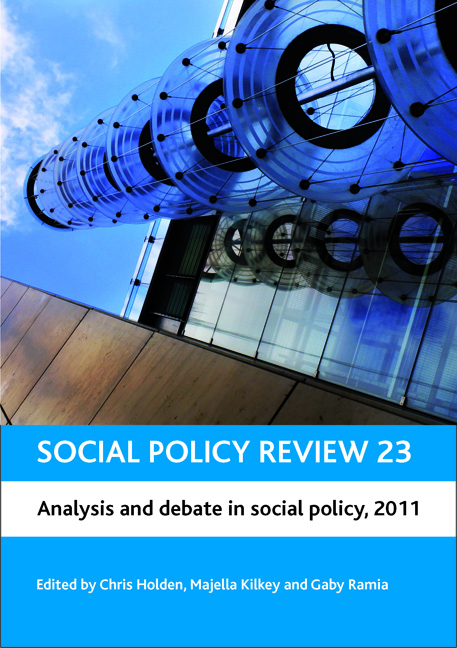five - Debating the ‘death tax’: the politics of inheritance tax in the UK
Published online by Cambridge University Press: 01 September 2022
Summary
Introduction
This chapter looks at recent debates about inheritance tax in the UK. Politicians have often seemed reluctant to make the case for inheritance tax, and I consider how discussions of this tax have changed in the aftermath of the global financial crisis as well as the new governing coalition between the Conservatives and Liberal Democrats. Although politicians are still wary of arguing for an increase in inheritance tax, centre-left politicians were more willing to resist Conservative calls to cut this tax. Liberal Democrat politicians were able to get the Conservatives to drop their plans to weaken inheritance tax as part of their agreement to form a coalition government, although they in turn had to drop proposals for a property tax. This chapter looks at some of the constraints and opportunities facing efforts to make a political case for inheritance tax.
Wealth inequality is a topic of growing policy concern in the UK. In 2008, Harriet Harman, then Labour Minister for Women and Equality, convened a National Equality Panel to report on inequality in the UK. Chaired by Professor John Hills, this Panel provided a comprehensive map of inequality in the UK, looking for example at income, wealth and education. Its final report notes that: ‘For many readers, the sheer scale of the inequalities in outcome which we present will be shocking’ (National Equality Panel, 2010, p 2). The report states that household wealth is far more unequally spread than household income in the UK, although the figures are not unusual when compared to the experience of other countries. It notes that the top 10 per cent of households have total wealth (which covers personal possessions, financial assets, pensions and housing) above £853,000, while the bottom 10 per cent of households have wealth less than £8,800. The top one per cent of households have total wealth above £2.6 million (National Equality Panel, 2010). Similar findings are reported in other recent studies of inequality (Wilkinson and Pickett, 2009; Dorling, 2010).
Reducing wealth inequality is also a key theme of recent Conservative writing (Wind-Cowie, 2009; Blond, 2010; Willetts, 2010). Blond (2010) calls for the creation of a ‘progressive conservatism’ that tries to shape a new politics out of the left and right. An important part of this focuses on ‘re-capitalising the poor’.
- Type
- Chapter
- Information
- Social Policy Review 23Analysis and Debate in Social Policy, 2011, pp. 85 - 102Publisher: Bristol University PressPrint publication year: 2011
- 1
- Cited by



